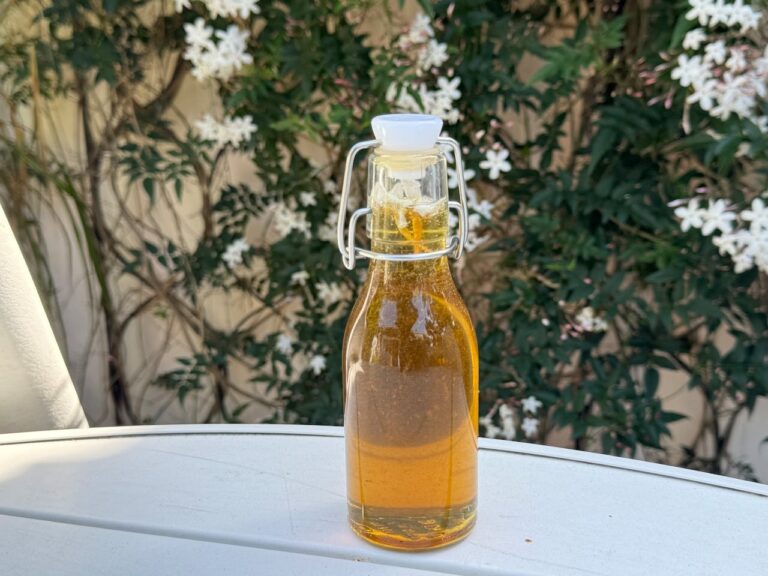Nurishment drinks Good or Bad for You? A Comprehensive Review
Nurishment Drink Good or Bad for You? A Comprehensive Review
Nurishment drinks, often marketed as meal supplements or fortified drinks, have gained popularity due to their convenience and nutritional claims. Whether you’re looking for a quick meal replacement, an energy boost, or supplemental nutrition, Nurishment drinks promise to deliver a range of benefits. However, it’s important to understand both the positive and negative aspects of consuming these drinks regularly. In this article, we will explore whether Nurishment drinks are good or bad for your health.

1. What Are Nurishment Drinks?
Nurishment drinks are fortified beverages designed to provide a combination of vitamins, minerals, and macronutrients such as protein, carbohydrates, and fats. They are often used as meal supplements or snacks, especially for individuals looking for a quick source of nutrition on the go.
Key Ingredients in Nurishment Drinks:
- Protein: Often derived from milk or soy, providing essential amino acids for muscle repair and growth.
- Carbohydrates: A source of quick energy, usually from sugar or maltodextrin.
- Vitamins and Minerals: Typically include a range of B-vitamins, vitamin D, calcium, iron, and other essential nutrients.
2. The Benefits of Nurishment Drinks
a. Convenient Nutritional Boost
One of the most significant advantages of Nurishment drinks is their convenience. They provide a fast and easy way to consume essential nutrients, making them ideal for people with busy lifestyles who may not have time to prepare balanced meals.
- Meal Replacement: For those who skip meals or have difficulty eating full meals, a Nurishment drink can serve as a quick replacement, ensuring they still receive essential nutrients.
- Post-Workout Recovery: The protein content in these drinks makes them useful for muscle recovery after exercise, especially for athletes or active individuals.
b. Nutrient-Dense
Nurishment drinks are often fortified with vitamins and minerals, making them a nutrient-dense option. They can be particularly beneficial for people who have specific dietary deficiencies, such as a lack of iron or vitamin D.
- Immune Support: The inclusion of vitamins like vitamin C and D can help boost the immune system.
- Bone Health: The calcium and vitamin D content in these drinks may contribute to better bone health, especially for individuals who don’t consume enough dairy.
c. Appetite Control and Weight Management
For those looking to manage their weight, Nurishment drinks can help control appetite. Consuming a drink that is high in protein and fiber may help individuals feel fuller for longer, reducing the likelihood of snacking between meals.
3. The Downsides of Nurishment Drinks
a. High Sugar Content
One of the most concerning aspects of some Nurishment drinks is their high sugar content. Many of these beverages contain added sugars to improve taste, but this can contribute to health problems such as weight gain, increased risk of type 2 diabetes, and dental issues.

- Sugar Levels: Some Nurishment drinks can contain as much as 20-30 grams of sugar per serving, which is significant when considering the recommended daily sugar intake.
b. Not a Substitute for Whole Foods
While Nurishment drinks provide essential vitamins and minerals, they should not replace whole foods in your diet. Whole foods like fruits, vegetables, lean proteins, and whole grains contain additional nutrients, such as fiber, antioxidants, and phytonutrients, that these drinks do not.
- Lack of Fiber: Most Nurishment drinks are low in fiber, an essential component for digestive health.
- Artificial Ingredients: Some drinks may contain artificial flavors, colors, or preservatives, which may not be as healthy as consuming natural, whole foods.
c. Can Be Calorie-Dense
While these drinks can be a convenient meal replacement, they can also be calorie-dense. If consumed in addition to regular meals, they may contribute to an excess calorie intake, leading to weight gain over time.
4. Who Should Drink Nurishment?
Nurishment drinks can be beneficial for specific groups of people, but may not be ideal for everyone.
Ideal for:
- Busy Individuals: Those with hectic schedules who may struggle to prepare nutritious meals can benefit from the convenience of Nurishment drinks.
- Athletes and Active People: The high protein content makes these drinks suitable for post-workout recovery and muscle building.
- People with Dietary Deficiencies: Individuals who are lacking in specific nutrients like iron, calcium, or vitamin D can use these drinks to supplement their diets.
Who Should Avoid or Limit Use:
- People Monitoring Sugar Intake: If you’re trying to reduce sugar consumption, it’s best to choose Nurishment drinks with low sugar content or avoid them altogether.
- Individuals Trying to Lose Weight: While these drinks can help control appetite, they may also contribute to excessive calorie intake if not used mindfully.
- Those With Certain Health Conditions: People with conditions like diabetes or metabolic syndrome should carefully check the sugar content before consuming these drinks regularly.
5. Are Nurishment Drinks Good or Bad for You?
Whether Nurishment drinks are good or bad for you depends largely on how you incorporate them into your diet. In moderation, and as part of a balanced diet, they can offer several benefits, especially for busy individuals or those needing a nutritional boost. However, relying on these drinks excessively, particularly ones high in sugar, may lead to negative health outcomes over time.

Factors to Consider:
- Nutritional Goals: If you’re looking to supplement your diet with additional protein, vitamins, or minerals, Nurishment drinks can be a good option.
- Overall Diet: Remember that no drink can replace the nutritional value of a well-rounded diet rich in whole foods.
- Health Conditions: If you have specific health concerns like high blood sugar or are on a low-calorie diet, it’s important to read the labels carefully and choose drinks that fit your dietary needs.
Conclusion
Nurishment drinks can be both good and bad, depending on how they are consumed. They provide a quick and convenient source of nutrition, particularly for people with busy lifestyles or specific nutritional needs. However, their high sugar content and lack of whole food benefits mean they should be used in moderation and not as a replacement for a balanced diet. To make the most of Nurishment drinks, it’s essential to choose versions with low sugar and incorporate them into a healthy, diverse diet.







